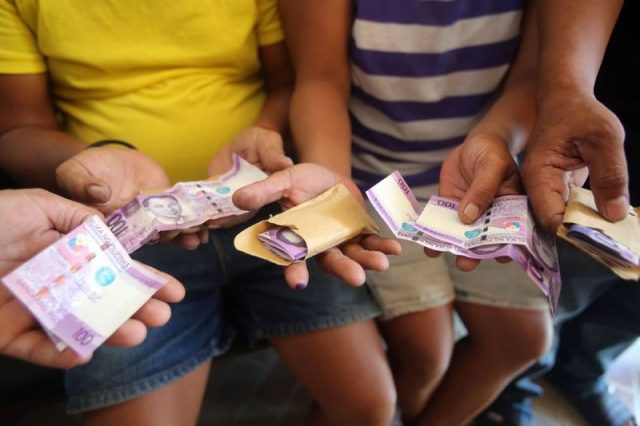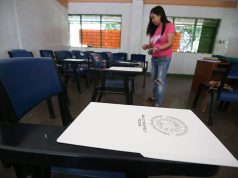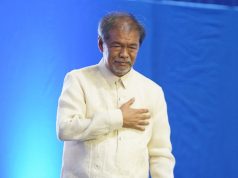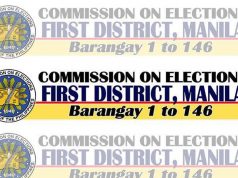A 1953 election poster that discourages Filipinos from vote buying gained traction on a popular online discussion forum as the 2019 midterm elections heats up.
The poster featured prominent figures in Philippine history such as national hero Jose Rizal and Apolinario Mabini who fought against colonial forces.
So true… back then in the 60s. from Philippines
Reddit users in the comments thread expressed their desire to “reprint” the poster in light of the midterm elections.
The poster suggests that vote buying has long been a plague in the Philippine elections, based on its release date.
Vote buying up close
Vote buying is the act of candidates giving out cash to their constituents in exchange for their votes. It is usually handed out in envelopes and within large communities and assemblies in a discreet manner.
A tricycle driver who received P105 from an electoral candidate disclosed that he sold his vote since he does not earn much in his job.
“If it will help my people, why not? … Tricycle drivers are poor too,” Menardo Fajardo, the driver, said in Filipino.
According to him, he only earns around P300 to P500 per day but needs to support his children of five.
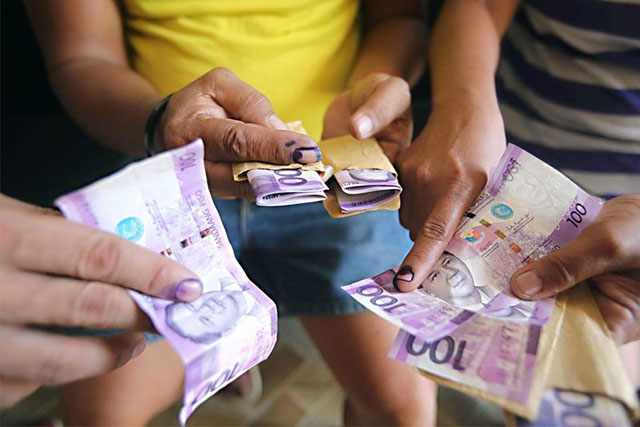
Fajardo also disclosed that candidates do not go on a house-to-house basis to give out cash. Instead, they hand out the envelopes to the “barangay staff or someone who will distribute the money.”
Another voter, who was not identified, revealed in an interview with two academicians that they accept such offers since it might be perceived as an “act of defiance of the candidate’s goodwill” if they refused.
“It would also identify you as a voter against the candidate. You would also be seen as going against the flow,” the voter said.
Another constituent shared that “it’s all about keeping good relations.”
What the Election Code says
Vote buying is illegal under the Omnibus Election Code of the Philippines that governs the rules and provisions of national and local elections.
Section 261 (1) of the code particularly states that “any person who gives, offers or promises money or anything of value” to induce anyone to vote for or against any candidate is prohibited.
It also includes other forms of vote buying such as offers of employment and franchise or grant by the candidate, whether in a direct or indirect manner.
Conspiring to bribe voters and betting on the election results are not allowed as well.
Violators will be imprisoned for one to six years. In addition, they will be disqualified to run for public office and to vote.
For a guilty political party, a fine of “not less than ten thousand pesos” will be imposed.

